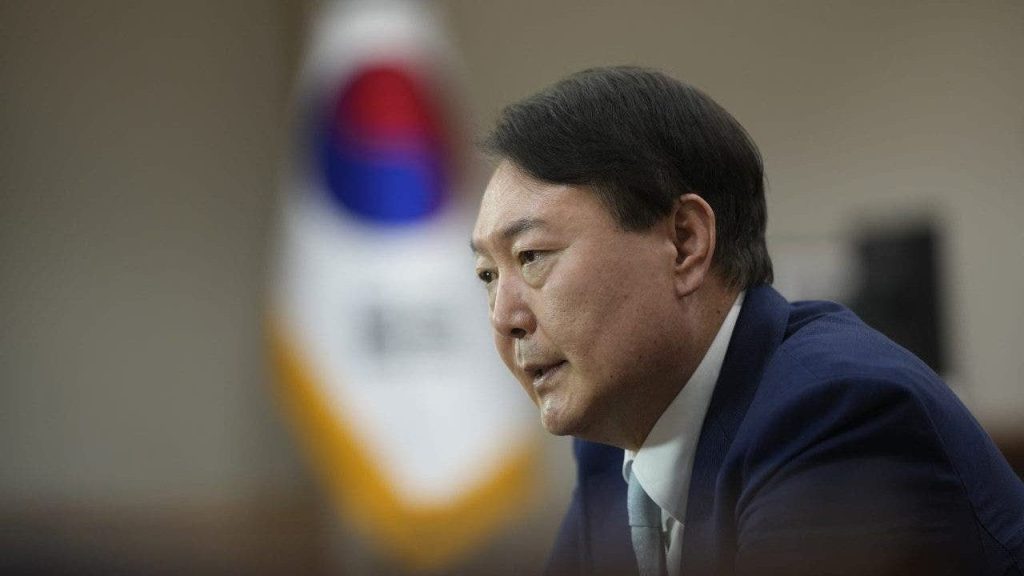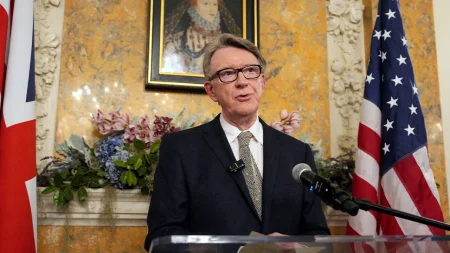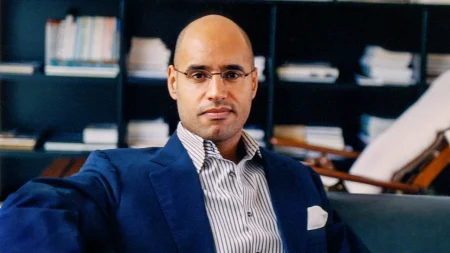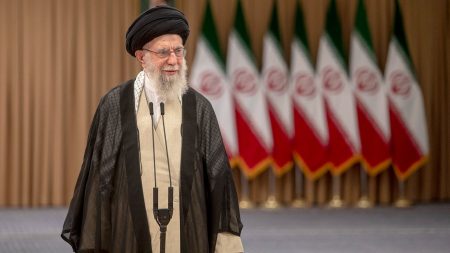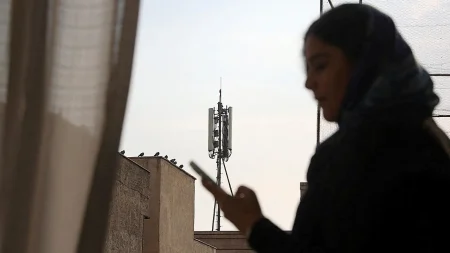The political landscape of South Korea has been thrown into disarray following a court-approved arrest warrant for impeached President Yoon Suk Yeol. This unprecedented move against a sitting president stems from a criminal investigation into his controversial martial law decree issued earlier this month. The Seoul Western District Court granted warrants for Yoon’s detention and the search of his official and private residences, marking a dramatic escalation in the ongoing political turmoil engulfing the nation. The Corruption Investigation Office for High-Ranking Officials, spearheading the investigation in collaboration with police and military authorities, alleges that Yoon’s declaration of martial law constitutes rebellion, a charge that carries severe penalties, including the death penalty or life imprisonment. The president’s lawyer has vehemently denounced the warrants as “invalid” and “illegal,” further adding to the complexity of the situation. Yoon, whose current whereabouts remain undisclosed, has been barred from leaving the country. While he enjoys presidential immunity from most criminal prosecutions, this protection does not apply to allegations of rebellion or treason.
The investigation centers around Yoon’s abrupt imposition of martial law on December 3rd, a move justified by the president as necessary to quell “anti-state” forces. His decision followed difficulties in advancing his agenda through the opposition-dominated parliament. The martial law decree, however, proved short-lived, lasting only about six hours before being overturned by the National Assembly. This act of defiance by the parliament triggered a wave of protests across the country, with demonstrations both for and against the president. Critics, including the leader of the People Power Party, condemned the martial law declaration as unconstitutional, arguing that such a measure is permissible only during wartime or comparable emergencies and does not grant the president the authority to suspend parliamentary proceedings.
The National Assembly subsequently voted to impeach Yoon on December 14th, a decision that necessitated the deployment of hundreds of troops and police officers around the assembly building. The impeachment process, requiring the approval of the Constitutional Court, has been further complicated by the impeachment of Prime Minister Han Duck-soo, who had assumed the role of acting president. Han’s impeachment stems from his failure to appoint three justices to the nine-member Constitutional Court, a move seen by some as strategically advantageous to Yoon’s case. The court requires a minimum of six justices to uphold an impeachment, and the addition of new appointees could potentially influence the outcome.
Adding to the nation’s woes, South Korea is grappling with the aftermath of a devastating plane crash involving a Jeju Air Boeing 737-800. The aircraft, which crashed on Sunday, claimed the lives of 179 people. The disaster has further strained the country’s resources and attention, occurring amidst the already tumultuous political climate. New acting President Choi Sang-mok is leading a task force investigating the crash, which saw the plane land without its front landing gear deployed, leading to a catastrophic runway overrun, collision with a concrete fence, and subsequent fireball.
The confluence of these crises – the presidential impeachment, the martial law controversy, and the tragic plane crash – has created an atmosphere of uncertainty and instability in South Korea. The nation’s political future hinges on the Constitutional Court’s decision regarding Yoon’s impeachment, a ruling that will have far-reaching implications for the country’s stability and direction. The court’s next hearing in Yoon’s case is scheduled for Friday, and the world watches closely as this pivotal moment in South Korean history unfolds.
Meanwhile, Kim Yong-hyun, Yoon’s former defense minister who played a significant role in the martial law decree, has been detained and indicted on charges of insurrection and abuse of power. This development further underscores the gravity of the situation and the potential legal ramifications for those involved in the controversial decision. As South Korea navigates these turbulent times, the nation confronts a complex web of political and legal challenges, with the outcome bearing profound consequences for its future.





